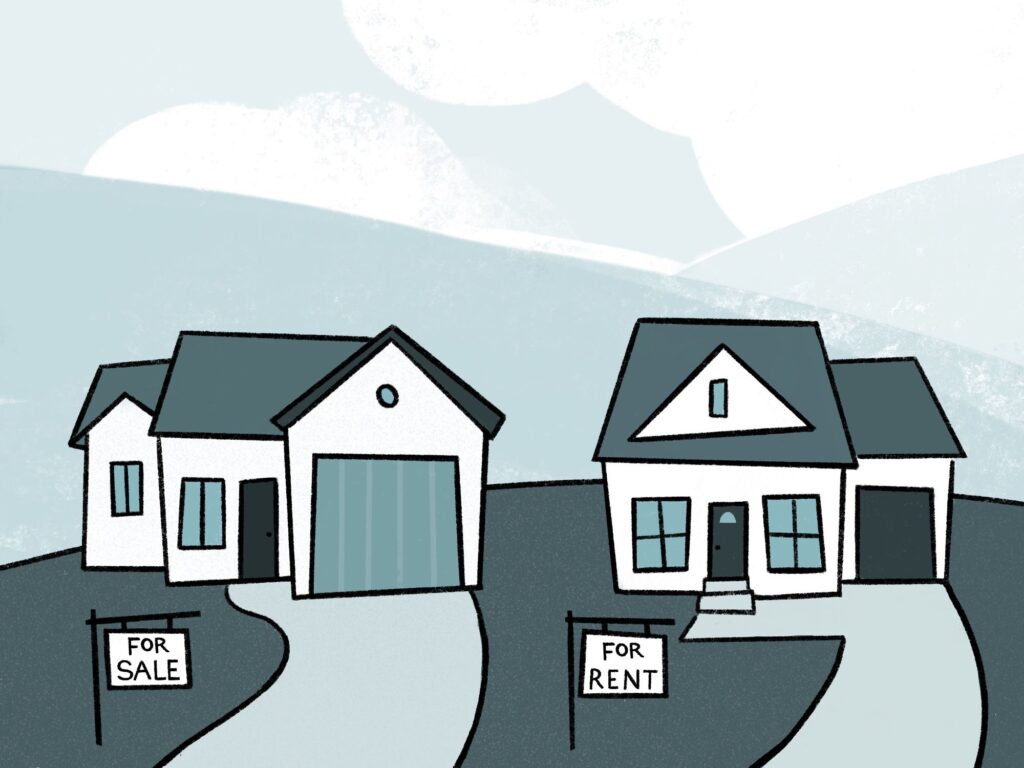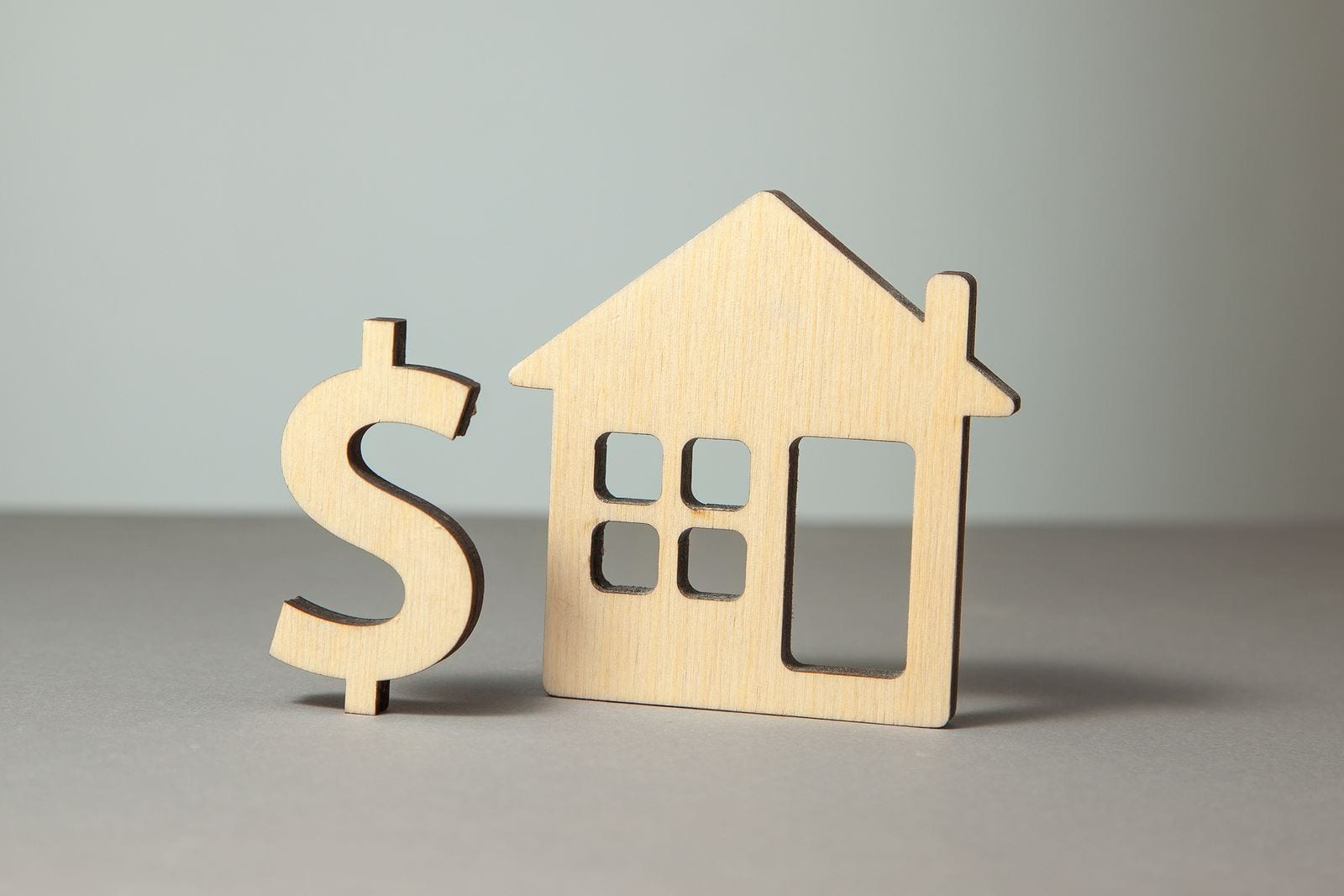Many people who are considering purchasing their first house are troubled by the dilemma of whether or not they should rent instead of buy. The “Great Australian Dream” of having one’s own home is deeply ingrained in the national consciousness of Australia. On the other side, renting has a reputation for being associated with unfavorable phrases such as “rent money is dead money” and “you’re paying off someone else’s mortgage.” It is possible that learning that these statements do not always accurately represent the benefits of renting vs those of owning a property would come as a surprise to you. Each option comes with its own set of benefits and drawbacks; depending on your requirements, you may find that one option, the other option, or a hybrid of the two is more appropriate for you.
The Advantages of Buying A Home
Consider some of the following benefits of investment management that may accrue to you as a result of purchasing a home:
It is a method of Compelled Financial Savings
To tell the truth, very few people are capable of accumulating enough money in the next ten or fifteen years to be able to afford to purchase a home. When you take a mortgage, this essentially becomes a savings plan that you are required to stick to, despite the fact that you will also be required to pay interest on the loan.

A house is an asset that rises in value over time.
A home is perhaps the asset that offers the highest level of protection for its owner. If you have a good understanding of the trends that affect property prices, the home that you purchase will probably increase in value over time. This is amplified if you buy in a place that is expected to grow more popular over time as a result of the construction of an entirely new commuter hub or other external considerations.
Freedom to Renovate
When you own a property, you have complete control over what changes you make to it. You have the ability to turn it into your dream castle. You will not need to answer to a landlord, nor will you be subjected to the dreaded inspections conducted by a real estate agent.
Calm and Composure
There is no one who can coerce you into leaving a home that you own. You would still be reimbursed even if the government decided to take possession of the land by force in order to protect national interests.
The Downsides to Purchasing A Home
Your finances are held, hostage
A minimum deposit of ten percent is typically required for many types of mortgages. For many homeowners, this can easily go into the hundreds of thousands of dollars. This requires a significant financial commitment. There is a cost in terms of lost opportunities connected with becoming a homeowner. The question “What else” and “Where else” might I invest this money for a greater return has to be posed and answered before opting to make an investment in a property.
You Are Fixed
If you buy a house, it almost certainly signifies that you want to stay in that community for the foreseeable future and make it your permanent residence. You will not be able to relocate unless you first make plans to either sell or rent out the residence. These are the kinds of things that require time.

The Benefits of Living in a Rental Home
You Are Free to Live Anywhere You Choose To
In today’s highly competitive real estate market, renting might provide you with the opportunity to live in the neighborhood of your choice, rather than being limited to areas where you can afford to purchase a house.
It Is Less Difficult to Move
You only need to hand in your notice if you plan to, or are required to, relocate. Renting gives you more leeway in your schedule.
You Might Invest Your Money Somewhere Else
Renting out a property and then reinvesting the proceeds in other assets is one way to diversify an investment portfolio rather than putting a significant amount of money into a single asset. You also have the choice to invest in several different assets, which will result in an increase in the benefits of diversification.
The Uncertainty That Comes with Renting
If the landlord follows the appropriate protocols, they have the right to either forcibly evict you from the rented residence or increase your rent. This may leave you feeling unsure of where you are, particularly if you have had to relocate many times. Many people consider moving to be one of the most stressful things that can happen to us. The added expense of moving each time might also contribute to the overall cost of renting an apartment.
There Will Be No (Compulsory) Savings
In contrast to the payments on a mortgage, there are no “forced savings.”
Setting Up SMSF for Financial Security
When considering a setup SMSF, it’s crucial to evaluate factors such as investment expertise, time commitment, and costs. Managing an SMSF involves administrative tasks, compliance with legal obligations, and investment decisions. Seeking professional advice from financial advisors and accountants can help navigate the complexities and ensure the SMSF is set up and managed effectively for long-term financial security.
Restrictions
When you are a renter, there are several limitations placed on the modifications that may be made to the property that you rent. Even the most innocuous of wall-mounted home decorations may not be permitted under the terms of your rental agreement if you want to avoid violating the terms of your lease.
Rent-Vesting
When it comes to choices for house ownership, a rising number of individuals are selecting a third alternative. The practice of purchasing a house for the purpose of renting it out is known as “rent-vesting.” This alternative gives a one-of-a-kind blend of the benefits that are associated with renting and investing, which can be good for your investment portfolio management. It is possible for you to live where you want to live while still being required to save money, and if you buy a property with a decent return on investment (ROI), your rental income may be utilized to supplement your rent.
The most essential thing is to save money for the future in some manner, shape, or form, and it doesn’t matter how you do it as long as you do it. Spending all of your money on “assets that are not appreciating” will not assist you in growing your wealth, either now or in the future.
To determine whether buying a house will be good for your investment portfolio or renting an apartment and using the rest of the savings for other assets with good interest should be considered under the lens of many factors, so contact an investment portfolio manager in Australia or financial advisor via Omura Wealth Advisers to be properly guided in the process of planning your finances.
More to read: Successful Strategies for Preserving Your Resources
